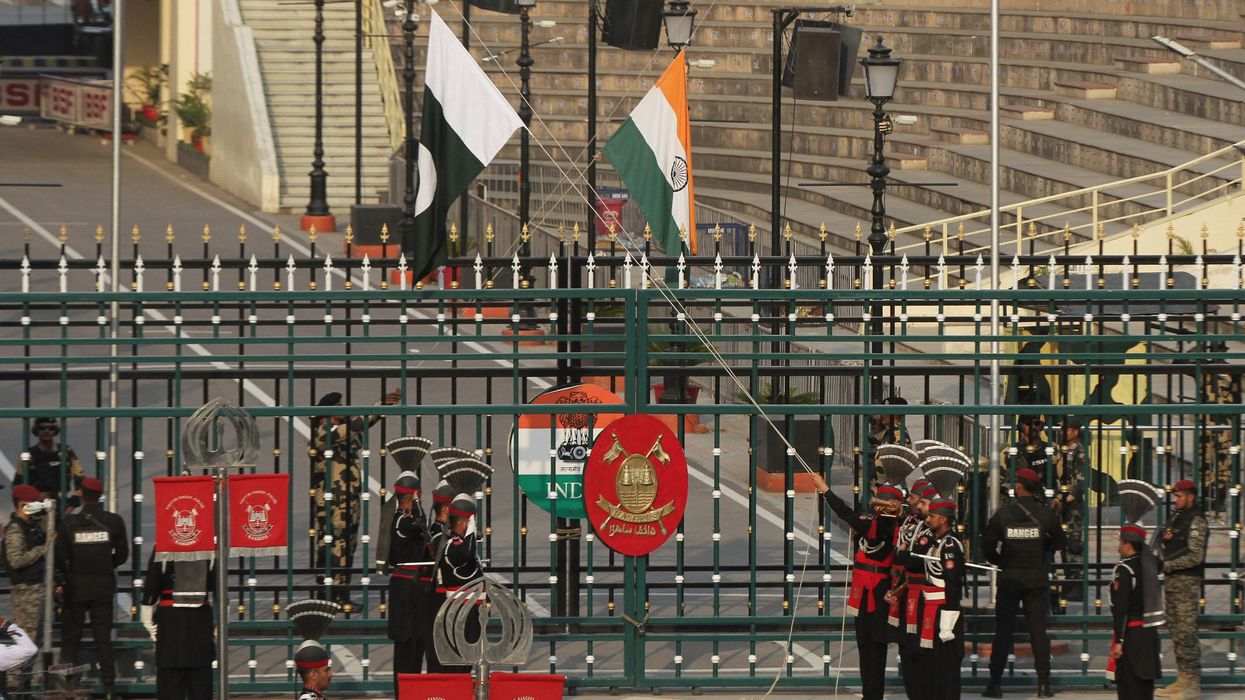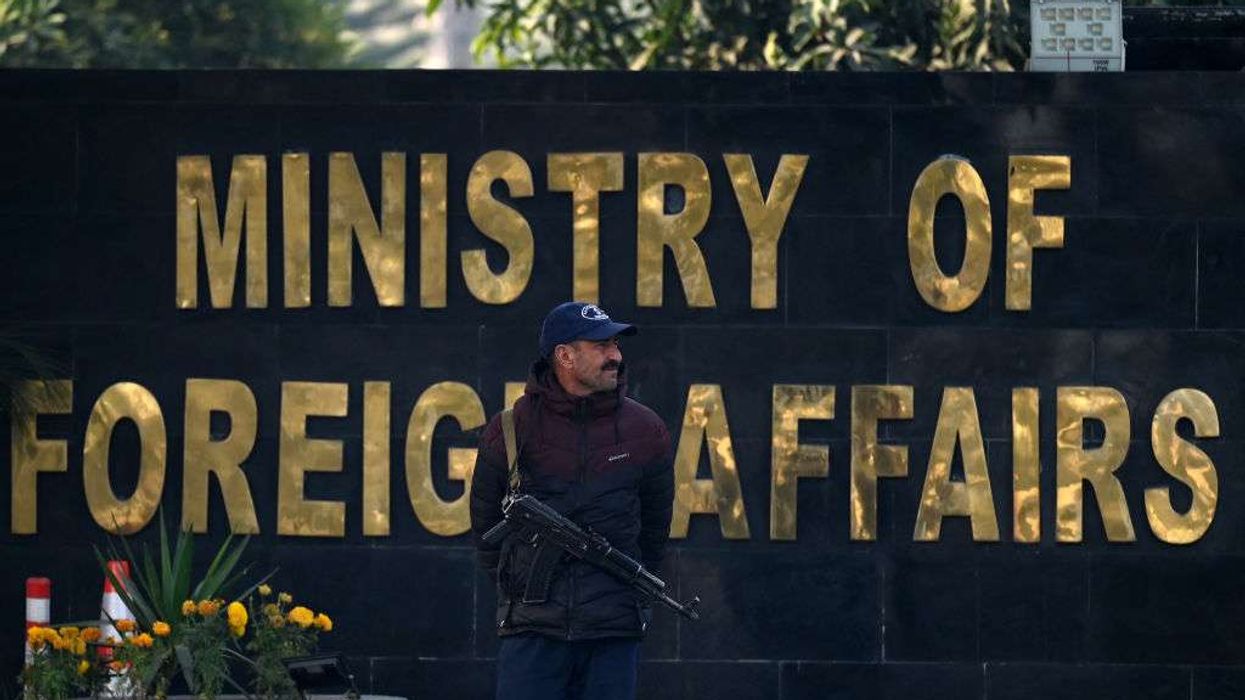UN chief Ban Ki-moon has today called for the US, China and other nuclear-armed states to end the “madness” of atomic testing by finally ratifying the Comprehensive Nuclear-Test-Ban Treaty, which turns 20 this year.
“I call on remaining states, the eight remaining states, to sign and ratify the treaty without further delay,” Ban said in Vienna at an event marking the anniversary.
“Nuclear testing poisons water, causes cancers and pollutes the area with radioactive fallout for generations and generations to come,” he said.
“We are here to honour the victims ... to ban and to stop nuclear testing. First and foremost we should teach the world to end this madness.”
The CTBT, which opened for signature in September 1996, bans all nuclear explosions.
It has been signed by 183 states and ratified by 164 including Russia, France and Britain, three of the nine countries which have or are thought to have nuclear weapons.
But to enter in force, the treaty needs 44 particular “nuclear technology holder” states to ratify, eight of whom have yet to do so.
These eight include the other six in the nuclear club—the United States, China, India, Pakistan, North Korea and Israel—as well as Iran and Egypt.
The US, China, Egypt, Iran and Israel—the latter widely assumed to have nuclear weapons although it has never confirmed it—have signed but not ratified.
US President Barack Obama said in a major speech on nuclear weapons in Prague in 2009, shortly after taking office, that he would “immediately and aggressively pursue US ratification”.
Seven years later, and Obama leaving office in January 2017 and the opposition Republicans controlling both houses of Congress, this step still has not happened.
There has, in fact, been an effective global moratorium in place, with no country except North Korea conducting a test since India and Pakistan in 1998.
“The current voluntary moratorium against the testing will never substitute for the legally binding CTBT,” Ban said however.











